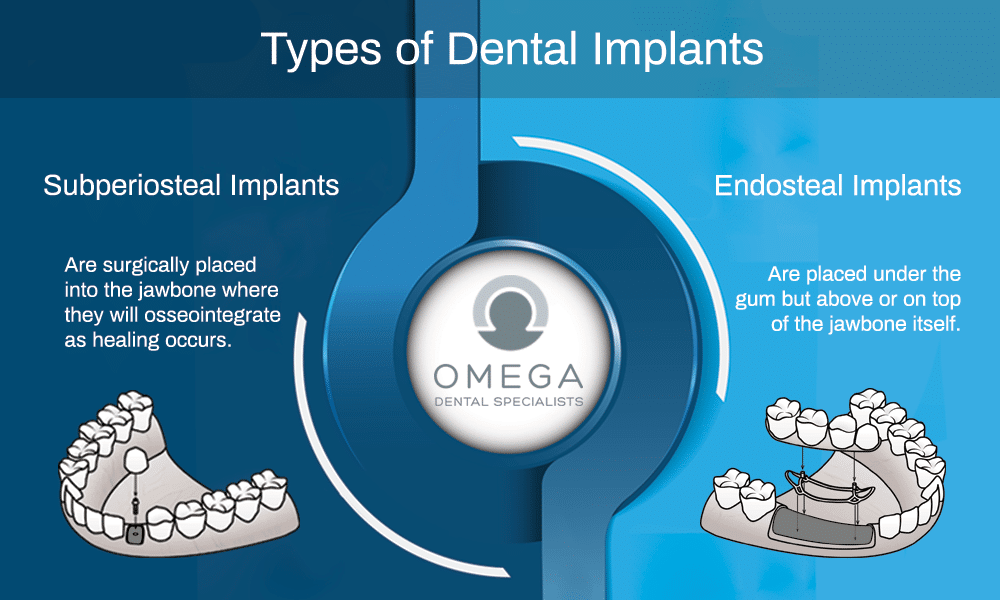The Dental Sense Ideas
The Dental Sense Ideas
Blog Article
Indicators on Dental Sense You Should Know
Table of ContentsThe 7-Minute Rule for Dental SenseGet This Report on Dental SenseDental Sense Things To Know Before You Get ThisEverything about Dental Sense
are clinical tools surgically dental implanted right into the jaw to restore an individual's ability to eat or their appearance. They provide support for synthetic (fake) teeth, such as crowns, bridges, or dentures. When a tooth is shed as a result of injury or illness, a person can experience complications such as rapid bone loss, faulty speech, or changes to chewing patterns that result in discomfort.Dental dental implant systems contain a dental implant body and dental implant abutment and might likewise include a joint fixation screw. Professional teeth whitening. The dental implant body is operatively inserted in the jawbone instead of the tooth's root. The oral implant abutment is typically connected to the implant body by the joint fixation screw and extends with periodontals into the mouth to support the connected man-made teeth
(https://justpaste.it/hj6ob)Structure of The Oral Implant System selecting dental implants, speak to your dental provider concerning the prospective benefits and threats, and whether you are a prospect for the procedure. Things to take into consideration: Your total health and wellness is a vital element in identifying whether you are a great candidate for oral implants, the length of time it will certainly take to recover, and the length of time the dental implant may stay in area.
Cigarette smoking may impact the healing process and decrease the lasting success of the dental implant. The recovery procedure for the dental implant body may take several months or longer, during which time you generally have a momentary abutment instead of the tooth. the oral implant treatment: Carefully follow the dental health guidelines offered to you by your dental service provider.
Everything about Dental Sense
Implant failure can result in the requirement for another operation to take care of or replace the implant system. Restores the capacity to chew Restores aesthetic look Helps keep the jawbone from reducing as a result of bone loss Preserves the health of the surrounding bone and gums Helps keep nearby (nearby) teeth secure Boosts lifestyle Damage to bordering natural teeth during dental implant placement Injury to the surrounding cells throughout surgery, such as sinus perforation Injury during surgery (as an example, crack of surrounding jawbone) Poor function, such as seeming like the teeth do not bite together normally A feeling that the tooth is loose or turning in position arising from an abutment screw loosening Implant body failing (looseness of the dental implant body) due to systemic infection, which might be more probable in people with unchecked diabetes mellitus because of regional infection in bone and gums sustaining the dental implant body due to postponed healing, which may be more likely in patients that smoke Difficulty Going Here cleaning up the periodontals around the implant, resulting in poor dental health Untreated gum disease Post-surgical tingling because of nerve impingement or damage Constantly inform health treatment carriers and imaging specialists that you have dental implants prior to any type of magnetic vibration imaging (MRI) or x-ray procedures.
FDA is not aware of any kind of negative occasions reported for MRI or x-ray treatments with dental implants. Oral implants systems are commonly made from materials that comply with international agreement criteria of the International Organization for Standardization (ISO) or ASTM International. These standards have details of what makes a risk-free product.

A dental implant is a structure that changes a missing tooth. With screw-like devices, the specialist inserts a dental implant into the jawbone, and it acts as a support for a man-made tooth, called a crown.
The Definitive Guide to Dental Sense
Some individuals are not eligible for dental implant surgery. It is for oral doctors to operate individuals with: intense illnessuncontrollable metabolic diseasebone or soft cells disease or infectionIf these problems are settled, a person can have the surgical treatment. In, oral specialists avoid from operating people with: If people with any of the above undertake dental implant surgery, there is a greater risk of the dental implant stopping working.

Oral implant surgery is an individualized procedure. Offer you time to recover. Connect the post and last crown, bridge or denture.
Next, your specialist will thoroughly put the oral implant right into your jaw. If your implant is near the front of your mouth, your dental practitioner will make a temporary tooth for you to use till you heal.
More About Dental Sense
Your provider can tell you what to expect in your circumstance. During the recovery phase, your jawbone ought to fuse to the oral implant. This procedure, called osseointegration, is critical for security and long-term success. This procedure can take anywhere from 3 to nine months. Sometimes, it might take longer.
As soon as your implant heals, your dental professional can attach the joint (small connector post) and your last restoration (crown, bridge or denture). This normally takes regarding one hour to finish and might call for a 2nd small surgical treatment. You should not feel any kind of pain throughout your oral implant treatment because your service provider will certainly use medicine to numb your gums.
Report this page